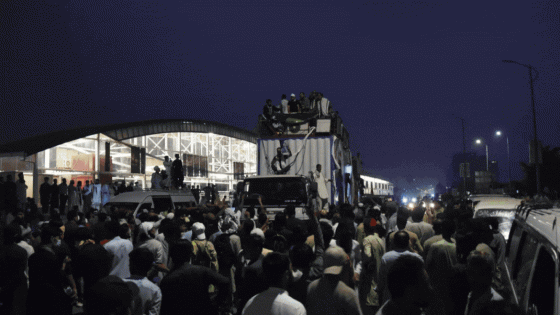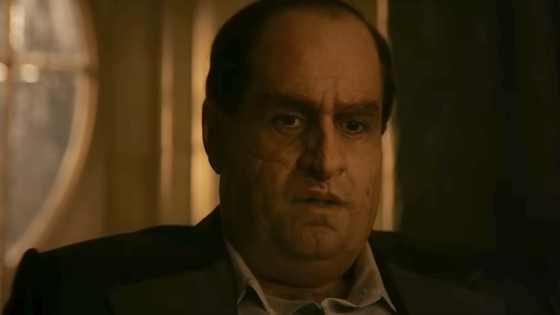Supporters of former Pakistan Prime Minister Imran Khan reached Islamabad’s iconic D-Chowk late on Saturday, despite the government’s efforts to deter them by deploying a heavy police force and cutting off internet services in the capital. The police’s use of tear gas to stop protesters was largely ineffective as heavy rain in the capital weakened its impact, Dawn reported.
Meanwhile, the Islamabad high court ordered the Pakistan government to prevent any illegal protests in the capital during the SCO summit.However, the court instructed government to assign a specific location for supporters of jailed former PM to hold demonstrations.
Islamabad was placed under a strict lockdown on Saturday as authorities sought to prevent the demonstration, which comes in support of the imprisoned cricketer-turned-politician Imran Khan. His supporters have been consistently staging protests over the past month, demanding his release.
The rallies also target the ruling coalition government, which Khan’s party, Pakistan Tehreek-e-Insaf (PTI), claims is illegitimate, alleging that it came to power following a fraudulent election.
Pakistan army troops were deployed in Islamabad to ensure security as Pakistan Tehreek-e-Insaf (PTI) supporters moved forward with plans for a protest.
Meanwhile, Pakistan’s interior minister Mohsin Naqvi said that more than 80 police personnel have been injured so far in clashes with supporters of Imran Khan taking part in a march near Islamabad.
Khan, who was barred from participating in the February elections due to numerous legal cases against him, has been sidelined from the political arena. However, Imran Khan’s PTI has continued to challenge the government by organising regular demonstrations and protests despite facing a crackdown.
Earlier in the day, the PTI claimed that Pakistani Rangers “forcefully entered” KP House in Islamabad to arrest Khyber Pakhtunkhwa chief minister Ali Amin Gandapur after he arrived in the capital to take part in the protest.
PTI workers set out from Khan’s stronghold in the northwestern Khyber Pakhtunkhwa province on Friday, intending to reach the capital Islamabad. However, they were met with roadblocks made of shipping containers and rounds of tear gas fired by security forces.
Interior minister Mohsin Naqvi warned Khan’s party on Friday to cancel the planned protest, saying that there would be “no leniency” if the ban on protests is defied. He accused armed supporters of Khan of marching on Islamabad with the intention of launching an assault on the capital. “They should think about what they are going to do with Pakistan by marching on Islamabad with weapons,” he said.
“I am very clear that they are going to launch an assault on Islamabad,” Naqvi said. He urged Imran Khan’s party to postpone their rally to avoid disrupting the capital city’s preparations for the Shanghai Cooperation Organisation (SCO) meeting on October 15 and 16.
On Saturday, small groups of protesters persisted in their efforts to enter the capital, defying the government’s decision to deploy troops on the streets. The government justified the deployment as a necessary measure to ensure security ahead of the upcoming SCO.
“I am so proud of all our people,” Khan said in a message posted on the social media platform X on Saturday afternoon. “You showed unfaltering resilience and courage as you came out yesterday and overcame unbelievable obstacles to keep marching forward towards D Chowk.”
Lahore’s D-Chowk or Democracy Chowk is known in Pakistan as the place where various protests routinely take place. In the past, Imran Khan had a 126-day sit-in protest here in 2014.
Imran Khan urged citizens to continue their journey to D Chowk and join the convoy led by Ali Amin. “I am calling on everyone to keep heading to D Chowk and join Ali Amin’s convoy. I especially want to commend our people from KP, North Punjab, and Islamabad. You have defeated insurmountable obstacles, including shelling, chemicals fired from helicopters, trenches & nails on the motorway, with your determination and commitment,” Imran Khan said.
The former Prime Minister also called upon the people of Punjab to gather at Minar-i-Pakistan in Lahore. “I am also asking our people from Punjab to move towards Minar-e-Pakistan in Lahore. If they cannot make it there, they must join the protests in their cities,” he said.
Protests were also planned in Lahore on Saturday, but access to the city was restricted as the main road connecting it to the capital was blocked. Amnesty International criticised the communication cuts and road blockades, saying that they “infringe on people’s right to freedom of expression, access to information, peaceful assembly and movement.” The rights group further added, “These restrictions are part of a worrying clampdown on the right to protest in Pakistan.”
Imran Khan, 72, served as Pakistan’s Prime Minister from 2018 to 2022 before being removed from office through a parliamentary no-confidence vote. His ousting came after he fell out of favour with the powerful military establishment, which is considered to be the kingmaker in Pakistani politics.
Pakistan prime minister Shehbaz Sharif’s government has claimed that Khan’s party aims to weaken the country’s economy through violent protests despite the threat posed by the Pakistani Taliban.
Despite Imran Khan being in jail since August 2023, candidates supported by him secured the most seats in the general election held in February. However, their numbers were not enough to form a government.
Imran’s opponents, led by prime minister Shehbaz Sharif, formed a coalition government instead.
Source Agencies


